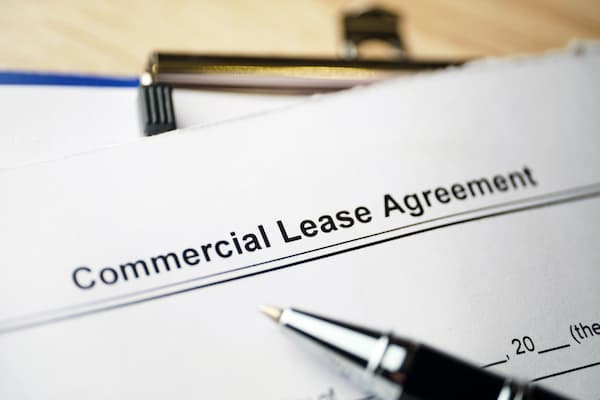For many business owners, equipment financing is a constant business consideration. You have a few different options, but in the end it boils down to the option of leasing versus purchasing. It is important to review your options and make the best decision for your company and financial situation. Here is a list of items for you to consider prior to making your decision.
Leasing Equipment
Pros of Leasing
- Typically the upfront expense is low and your company can lease up to 100% of the cost of the equipment.
- Leasing is good for frequently updated equipment, a year or less, or technology that tends to change quickly. Leasing will ensure you are not stuck with outdated equipment.
- Often leasing is 100% tax deductible as an operational expense. 1
Cons of Leasing
- You may pay higher costs over time than if you paid in full upfront or financed the equipment.
- You are responsible for maintaining the equipment according to the leasing company’s specifications. The leasing company may direct you to make repairs you don’t think are needed.
- Breaking a lease can be very expensive and include penalties and interest. This can be frustrating if you no longer need a piece of equipment but are bound by the lease and continue to pay for unneeded equipment.
Purchasing Equipment
Pros of Purchasing
- Your business may qualify for tax incentives, especially if your business and the equipment qualify under Section 179 tax codes1. You may be able to deduct up to $500,000 of the cost of the capital equipment in year one of the purchase if your business qualifies. If it doesn’t qualify, you may be able to deduct a portion of the price over a number of years.
- You have complete control over the equipment. You are able to make modifications or sell the equipment when it is no longer needed. If you have financed the purchase, you will need to pay off the loan if you choose to sell it.
Cons of Purchasing
- A purchase can significantly affect your cash reserves if you choose to pay in full. If you finance the equipment, you may be required to put up 20% or more of the equipment cost.
- If you are purchasing technology, you may be need to keep your equipment longer than it is relevant and the equipment may hold no value if you try to sell it.
It is important for you to discuss your business’ options with your tax advisor and your First Commonwealth Business Services Officer. If you decide purchasing equipment is best for your company, First Commonwealth can help you.
1 IRS Tax Code 179 (http://irs.gov/publications/P946/ch02.html)




